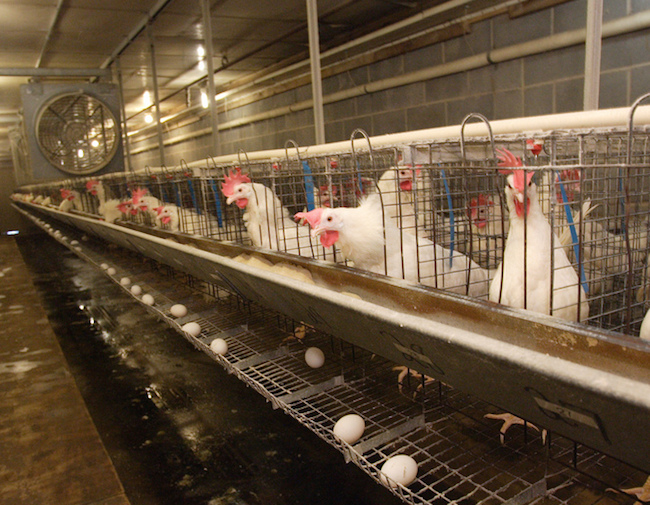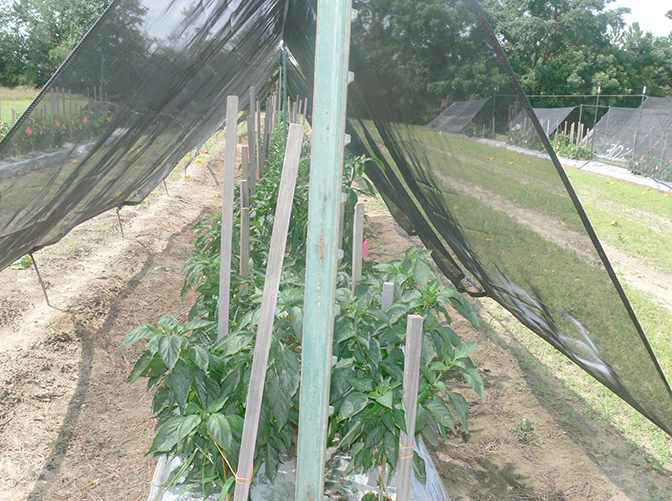 CAES News
CAES News
Bell Pepper Shading
University of Georgia horticulturist Juan Carlos Diaz-Perez has found that covering bell peppers with shading nets increases yields, extends the growing season and makes for more attractive fruit.

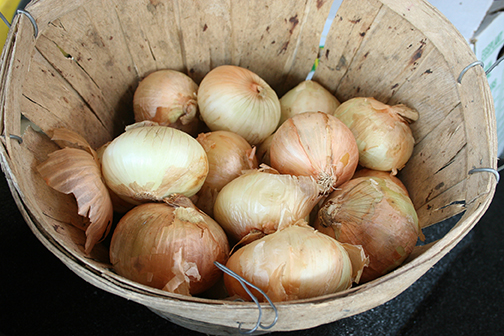
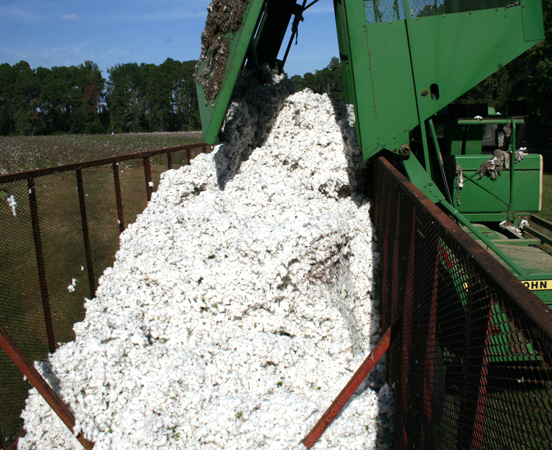
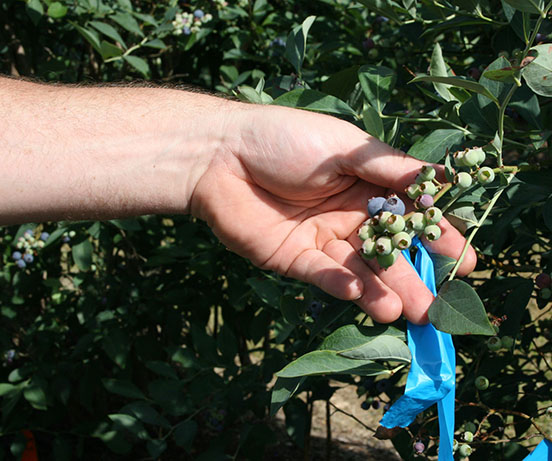

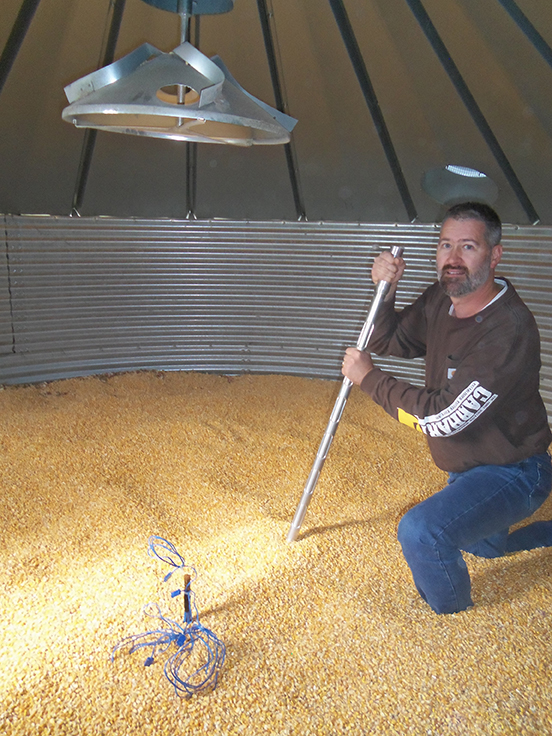
.jpg)
